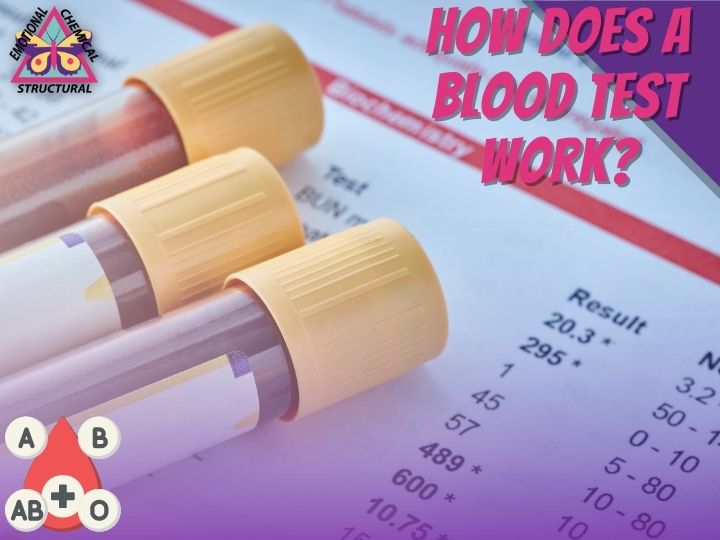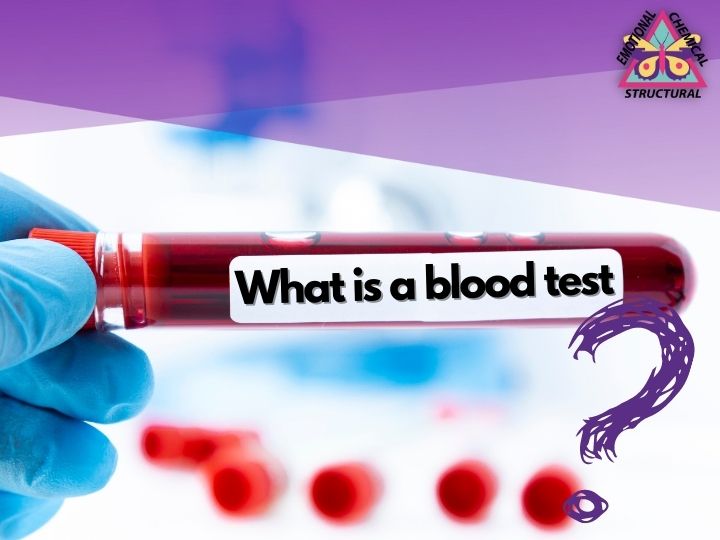When you hear the word “blood,” your first thought is probably not “lab test.” Blood tests and lab panels are more common than you think. Whether you’re looking for an easy way to test your cholesterol, learn about an inherited condition you may have, or discover whether you’re at risk of a serious illness, it’s worth knowing what these tests do and what information they can provide. Blood Tests are becoming increasingly popular as doctors look for new ways to diagnose diseases, and Functional Medicine professionals and labs strive to answer patients’ questions. There are several different types of lab tests and different levels of complexity. There are some basic screening panels for detailed analysis of specific biomarkers in the blood. The good news is that many blood tests aren’t scary or complicated — they can help you take care of yourself and stay healthy.

What is a blood test?
A blood test is an examination of a sample of blood. Blood samples are collected from veins and arteries in the arm. The blood is then processed to separate the different types of cells in the sample and then examined under a microscope to look at the level of proteins and other substances. You can have a blood test for many different reasons. From a doctor’s perspective, a blood test can be used to evaluate your overall health and look for conditions that may be affecting your body. For example, a doctor may use blood tests to see which components of your blood are high or low and why (e.g., iron stores low? Anemia? Kidney problems?).
Has your doctor ordered blood work on you and everything came back “normal,” but you don’t “feel” normal?
Dr. Gochee

How does a blood test work?
During a blood test, a technician draws a small sample of blood from a patient and sends it to a lab for analysis. Dr. Gochee used LabCorp most often. The sample is separated into different types of cells in the blood, and the proteins and other substances within those cells are then examined under a microscope. For some blood tests, a blood sample is simply taken from a vein and sent to the lab. The blood is processed in the lab in much the same way as it is when you submit your sample to the lab. Proteins and other substances in the sample are separated and then examined under a microscope.
Which kind of blood test should you have?
Some blood tests are more useful than others, depending on the reason for the test and what you hope to learn from the results. For example, a blood glucose test measures the amount of glucose in your blood as it is absorbed and metabolized by your body. This helps doctors and functional health practitioners evaluate your overall glucose levels and track changes over time (e.g., if you have diabetes). A cholesterol test measures the level of cholesterol and lipids in your blood. This helps doctors evaluate your overall risk of developing heart disease.
Wellington Wellness Clinic Health fair Blood Draws:
What to expect from a blood test?
As with any medical test, your doctor will explain the purpose of the test, the risks of the test, and what they expect to see from the test. Some blood tests are relatively simple with little or no risk. You should also keep in mind that blood tests often aren’t performed at a single visit to the doctor. A routine blood test may be part of a larger process of evaluating your overall health, such as a visit to your primary care doctor or a specialist. Each Blood Test comes with a 20-30 page functional health report.
Conclusions
Blood tests are important tools for your doctor and for other trained health practitioners such as Dr. Gochee. They can help you understand your overall health and give you important information about your disease risk. They can also be used to detect conditions like anemia, diabetes, and kidney disease before they affect your health. There are many different types of blood tests, and some may be more useful or acceptable to your doctor than others. You may prefer to discuss your personal preferences with your doctor. These tests are often painless and fairly safe.








0 Comments